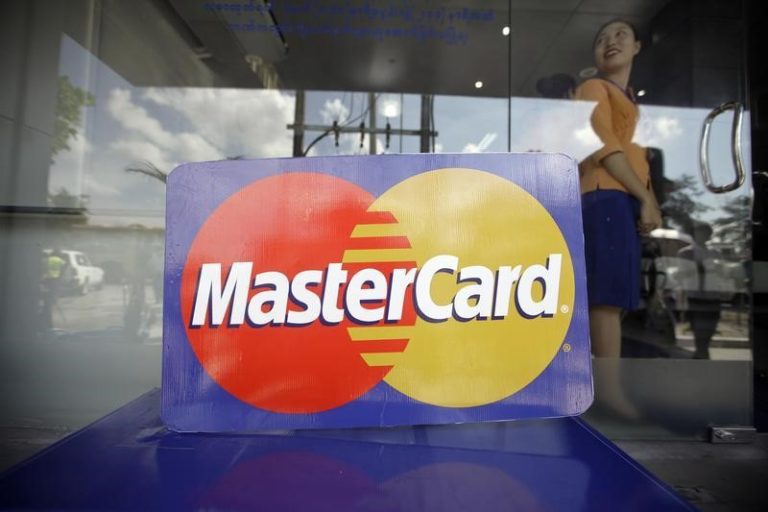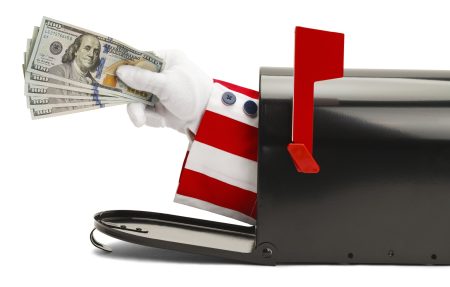(Reuters) -U.S. retail sales rose 3.8% between Nov. 1 and Dec. 24, as intense promotion to drum up sales in what was expected to be a highly competitive holiday season for retailers prompted last-minute shopping among consumers.
The sales jump was well above a 3.1% increase last year, handily beating Mastercard (NYSE:)’s forecast in September of a 3.2% rise, with the last five days of the season accounting for 10% of all holiday spending.
Major retailers including Walmart (NYSE:), Target (NYSE:) and Amazon.com (NASDAQ:) ramped up promotions and value messaging to attract customers amid a shorter-than-usual holiday season with just 23 days before Christmas.
“The holiday shopping season revealed a consumer who is willing and able to spend but driven by a search for value as can be seen by concentrated e-commerce spending during the biggest promotional periods,” said Michelle Meyer, chief economist at Mastercard Economics Institute.
Online sales rose at a faster pace of 6.7%, compared with a 6.3% rise last year, with apparel segment seeing strong demand. Low-cost e-commerce rivals Shein and PDD Holding’s Temu as well as short-video app TikTok witnessed a surge in popularity ahead of Black Friday and Cyber Monday shopping events.
Retailers have relied on generative AI customer service and search features to make it easier for shoppers to find deals on websites and mobile apps. They have also improved their curbside pick-up and delivery services, as they work on ensuring a smoother shopping experience.
Walmart and Amazon.com saw record-breaking sales on Black Friday and Cyber Monday, spending data earlier this month showed. In contrast, Target and Best Buy (NYSE:) struggled to drive sales.
Consumers showed strong preferences for experiences such as dining out, with restaurant spending growth up 6.3% from last year, Mastercard data showed.
Shopping on gift items was also higher than last year, boosting demand for apparel, jewelry and electronics, with each category rising 3.6%, 4% and 3.7%, respectively, according to the report.
Analysts were expecting a mixed holiday season, with muted spending in stores on key shopping days such as Black Friday.
Mastercard SpendingPulse measures in-store and online retail sales across all forms of payment. The data excludes automotive sales and is not adjusted for inflation.
Read the full article here









